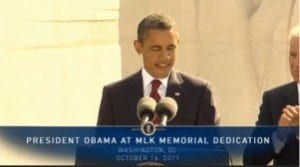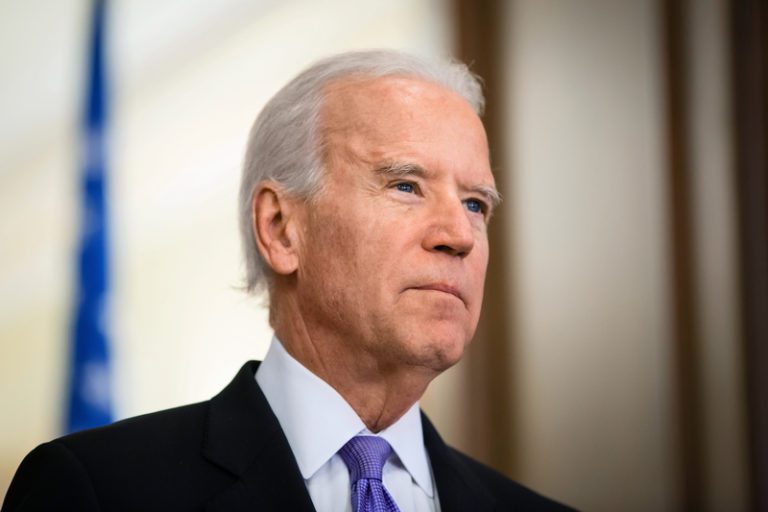
Though many remain skeptical.
Thursday, the Supreme Court upheld President Obama’s Affordable Care Act—making it a requirement that Americans have insurance or pay a penalty, which allows Congress’s power to levy taxes. The vote was 5 to 4.
The American Medical Association released a statement supporting the “historic” act that will benefit Americans for decades ahead.
This was a victory for President Obama and Congressional Democrats—including the conservative chief justice, John G. Roberts Jr.—which is a major achievement in his presidency.
President Obama said, “Whatever the politics, today’s decision was a victory for people all over this country whose lives are more secure because of this law.”
According to the N.Y. Times, the court limited the law’s expansion of Medicaid; seven justices agreed Congress overstepped its authority by coercing states into participating in the expansion by threatening them with the loss of existing federal payments.
Justice Anthony M. Kennedy stated the majority’s approach “amounts to a vast judicial overreaching.”
Republican, Mitt Romney, attacked the pass, “Obamacare was bad policy yesterday; it’s bad policy today,” along with his pledge to undo the law.
Republicans aren’t the only skeptics out there. In a report done by CNN, the American Medical Association (AMA) is concerned that there won’t be enough physicians to care for the masses.
“We’ve expressed some concerns before about whether or not we’re going to have enough physicians out there,” Elect Ardis Hoven, AMA President, said. There was an expected shortage of physicians in the U.S. before the Affordable Care Act was signed into law back in 2010. According to numbers provided by the Association of American Medical Colleges there will be a shortage of 63,000 doctors by 2015 and 130,600 by 2025.
The law was revised to allow states to choose between participating in the expansion while receiving additional payments or forgo the expansion and retain the existing payments. It was an “all-or-nothing” choice.















